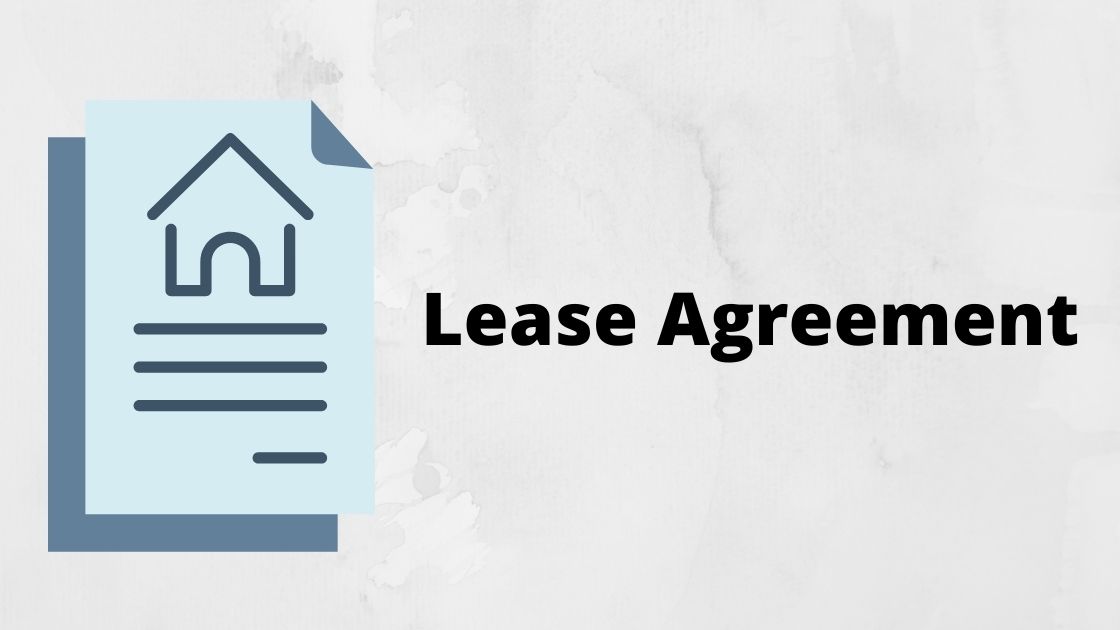A lease is an agreement outlining certain terms and conditions under which both the parties agree. It ensures the lessee or the tenant, uses an asset and guarantees the lessor, the property owner, regular payments for a specified period.
As a property owner, you should know it all, whether you manage properties and rentals full-time or rent out a single property as a supplemental form of income. Whatever the case, everyone wants to know one thing every time: what is the difference between a lease and a rental agreement? That you will understand the differences between the lease agreement and the rental agreement when you will read the full article
What is a Lease Agreement?
Before moving into a rental property, numerous property owners require their inhabitants to consent to a lease agreement or contract. A lease is an agreement between an occupant and property owner that gives an inhabitant the right to live in a property for a fixed time frame, ordinarily covering a 6-or year rental period. An agreement between the property owner and occupant ties the parties to the lease. Regularly, lease agreements are utilized for rental properties, yet they are additionally utilized for rentals of vehicles, home devices, development types of equipment, and different things. A lease agreement is a legitimate agreement intended to ensure both the individual renting the resource (“resident”) and the proprietor of the resource (“lessor”)
Residential leases are contracts that characterize the assumptions among property owner and inhabitant in clear, careful terms, including rent, rules regarding pets, and the time of the agreement. A strong, thoroughly examined, and eloquent lease agreement can help guarantee the two parties general benefits are ensured, as neither can modify the agreement without written consent from the other.
Difference Between Rental and Lease Agreement
The terms “lease agreement” and “rental agreement” are regularly utilized reciprocally to mean the same thing. Yet, the terms can refer to two different kinds of agreements. Both the leases and rental contracts are legitimately official agreements. Be that as it may, each has a different purpose to serve
Advantages Of A Lease Contract:
On the off chance that stability is your primary need; a lease might be the right choice. Numerous property managers favour leases to rental contracts since they are organized for steady, long term inhabitance. Placing an occupant in a property for at any rate a year may offer a more predictable rental revenue source and cut down on turnover costs.
Disadvantages Of A Lease Contract:
All things considered, when a lease agreement is signed, the rental expense is unchangeable until the finish of the agreement. In an exceptional region with reliably developing property estimations, a year of a fixed rental expense could mean you pass up significant gradual pay from market increments. A lease is an incredible alternative for property owners hoping to make steady pay yet may adversely affect profitability should property estimation develop inside that year.
CONCLUSION
Regardless of whether you decide to offer a lease agreement, it is significant that you know who your occupant is. Completely verifying your lease candidates can help your certainty that you’re getting the perfect individual in your property.




